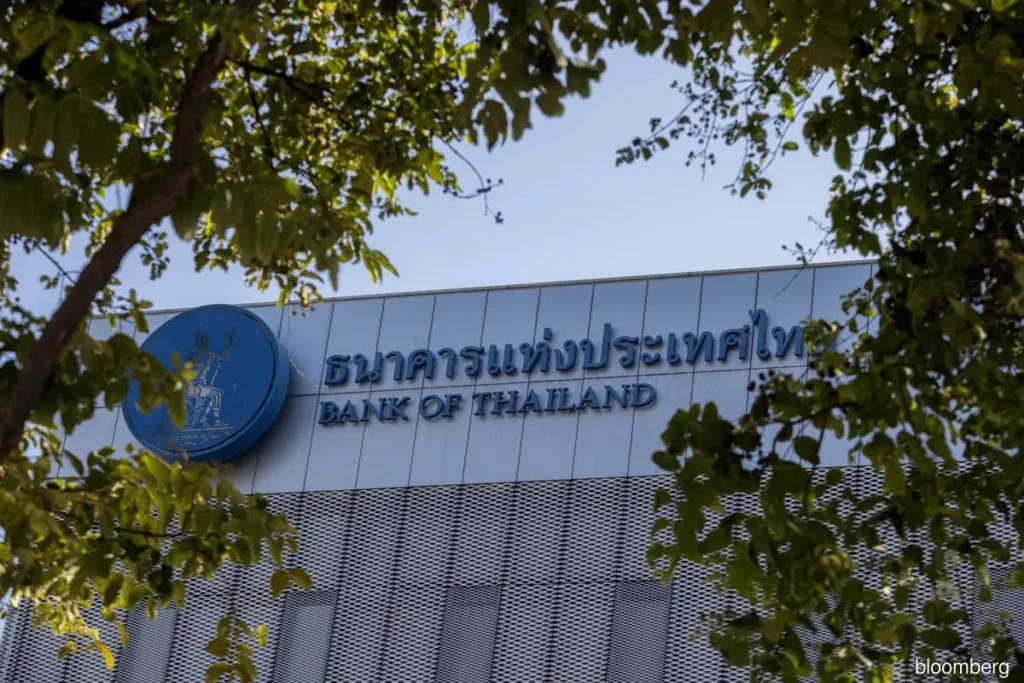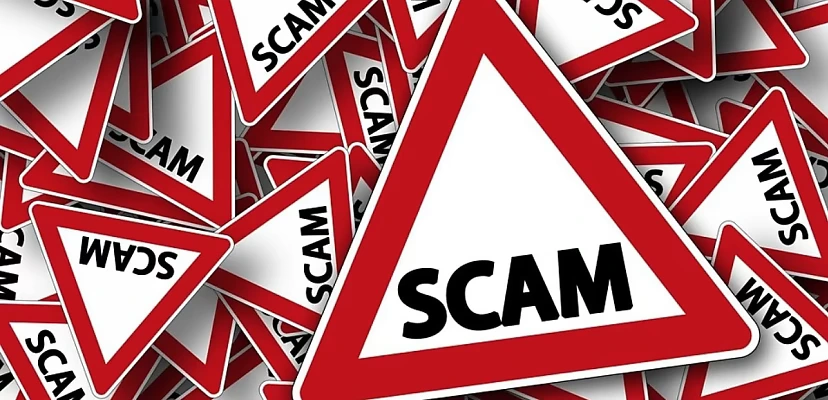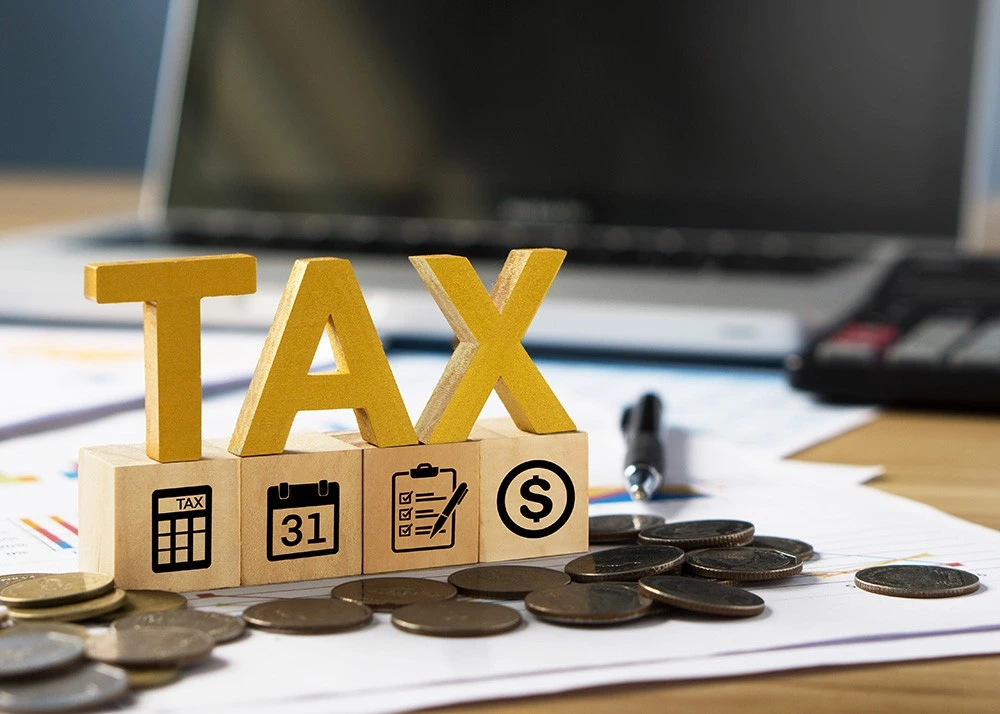Is Forex Even Legal in Thailand? Let’s Talk Crypto Trends in 2025
September 5, 2024

FAQ: Forex Trading in Thailand — Legal, Risky, or the Next Big Thing?
In 2025, trading is no longer just something bankers do—it’s on your phone, in your group chats, and all over your social feeds. With crypto trends in Thailand 2025 on the rise, many are also revisiting an old favorite: forex. But that raises a big question, especially among newer investors—is forex even legal in Thailand? The answer isn’t exactly black and white. This FAQ dives into what’s legal, what’s risky, and how crypto’s growing influence could shape the future of trading in Thailand.
Crypto Trends in Thailand 2025 : Is forex trading legal in Thailand?
Technically, yes—but with strict conditions. In Thailand, forex trading is only legal if done through licensed financial institutions, such as Thai banks or regulated brokers. Retail traders aren’t permitted to open positions directly through local platforms unless those platforms are licensed for forex operations.
If you’re using an overseas broker, you’re operating in a legal gray area. It’s not criminally prosecuted, but it offers no consumer protection, and the risk of loss due to fraud or regulatory issues is higher.

Crypto Trends in Thailand 2025 : Why is forex so tightly regulated in Thailand?
Forex trading can involve massive capital flows, and the Thai government—specifically the Bank of Thailand (BoT) and the Securities and Exchange Commission (SEC)—wants to control how money moves in and out of the country.
They’re especially cautious with retail investors, who may not fully understand leverage, volatility, and margin risk. That’s why the system is structured to protect the economy and individuals from large-scale speculative losses or capital flight.

Credit from : The Edge Malaysia
If it’s so restricted, why are people still trading forex?
Despite the rules, many Thai traders use offshore brokers to access the forex market. Why? Partly because of the allure—high profits, global market access, and flashy promotions from foreign platforms.
Social media platforms like YouTube, Telegram, and finance TikTok also glamorize forex trading, making it feel accessible and fast-paced. Unfortunately, this leads many traders into unregulated environments without realizing the full risk.
What’s the risk with using offshore forex platforms?
Quite a few. Even though many of these platforms accept Thai clients, they’re often not licensed by Thai regulators. That means:
- You have no local legal recourse if something goes wrong
- Some platforms shut down without warning
- Withdrawal issues and leverage abuse are common
- Scams promising guaranteed profits still exist
Even legitimate-looking brokers can behave unpredictably. Without regulation in Thailand, you’re on your own if your funds get locked or lost.

How does crypto compare to forex in Thailand?
This is where things get interesting. Crypto trading is legal in Thailand if done through SEC-licensed exchanges like Bitkub, Zipmex, and others. These platforms follow local regulations, offer investor protections, and are monitored by the Thai government.
The contrast is stark: crypto is becoming more normalized, while forex remains tightly limited.


Are crypto trends in Thailand in 2025 really that strong?
Yes, and they’re growing fast. In 2025, Thailand’s crypto scene is maturing—there’s more regulation, more user adoption, and increasing government support. It’s now possible to:
- Open accounts on Thai-regulated crypto platforms
- Trade legally as a retail investor
- Pay taxes on gains (yes, that’s happening too)
Some believe this favorable stance on crypto might open the door to more relaxed forex rules in the future, especially as the two markets often attract similar types of investors.

Which should I choose—forex or crypto?
Here’s a quick comparison:
Forex
- High liquidity
- Global market reach
- Restricted in Thailand
- High risk using offshore brokers
Crypto
- Accessible through licensed Thai platforms
- Volatile but transparent
- Legally protected (to an extent)
- Still evolving, with ongoing regulation
If you’re new to digital assets, crypto may be a safer, more regulated entry point in Thailand right now. You get exposure to market dynamics without stepping outside the law.
What’s the long-term outlook for forex and crypto in Thailand?
Forex may remain limited for now—but crypto’s growth could push regulators to reconsider. As crypto infrastructure strengthens, authorities might explore ways to expand access to other trading markets under tighter oversight.
Until then, forex remains a high-risk zone unless you’re working with a properly licensed institution. Crypto, meanwhile, is becoming increasingly structured and accessible.
Final Thoughts: Is forex worth the risk in 2025?
That depends on your appetite for risk and how deep your understanding of the market really is. With crypto trends in Thailand 2025 shaping the next wave of retail trading, most new investors are better off starting within legal frameworks—especially those backed by Thai regulators.
If you’re determined to trade forex, research your broker thoroughly. Stick with platforms regulated by top-tier international authorities and be prepared for complications. Either way, don’t chase hype—chase understanding.
